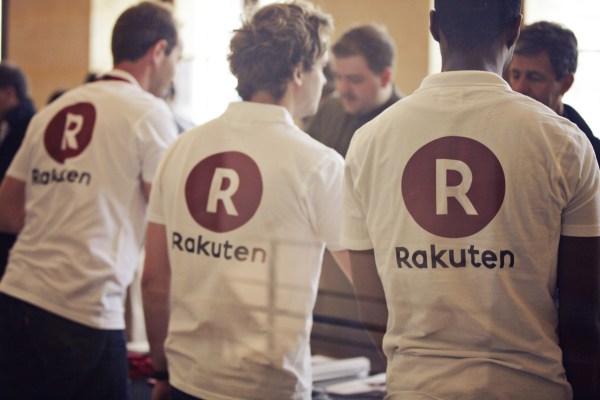Rakuten is downsizing its international presence once again after Japan’s top e-commerce firm announced plans to shutter its e-commerce businesses in three countries in Europe.
The move to close Rakuten.co.uk in the UK and Rakuten.es and Spain, as well as Rakuten’s offices in Cambridge and Barcelona, mirrors a similar streamlining decision in February, when the company pulled out of Southeast Asia, restructured its presence in Brazil and wrote down $340 million in assets.
These latest closes also include the shutting of Rakuten’s operations and office in Austria, although customers in the country will continue to be served out of neighboring Germany. The changes are slated to happen by August, after which Rakuten will focus on France (where its PriceMinister business got downsized) and Germany in Europe because its presence in those countries has “the scale and potential for sustainable growth.”
“In [the] UK and Spain, the cost of growth relative to the size of the businesses has led to plans to close these operations,” Rakuten added in a statement.
A Rakuten spokesperson confirmed to TechCrunch that the shutdowns will not affect a number of the companies other business interests in Europe, including its Wuaki video platform, messaging app Viber, and Fits.me, a fashion e-commerce firm it acquired last year which has an office of its own in London. (It remains to be seen how Fits.me, which is based in Estonia, will feel about the UK exit since presumably much of its ambition was centered around piggybacking Rakuten’s e-commerce business.)
“Subject to consultation processes, approximately 100 employees are expected to be impacted across the region by the current plans to close three marketplaces. Rakuten will offer staff alternatives where these are available,” the spokesperson added.
While the company is contracting in Europe, it also played up new initiatives in France and Germany, which include a membership loyalty program in the former and new low-cost commission program for merchants in the latter.
Rakuten entered the UK when it acquired Play.com for just shy of $40 million in 2011. The site later became Rakuten.co.uk, but it wasn’t able to compete adequately enough for Rakuten to justify putting more resources into the business.
Rakuten CEO and co-founder Hiroshi Mikitani announced Rakuten’s new ‘2020 Vision’ in February this year and removing the deadwood of the group’s less promising businesses has been the first step. Mikitani is putting faith in a number of Rakuten’s more recent acquisitions — Viber ($900 million in 2014), video site Viki (reportedly $200 million in 2013), and U.S. discounts store Ebates ($1 billion in 2014) — which he believes can unlock e-commerce and customer opportunities on mobile.
